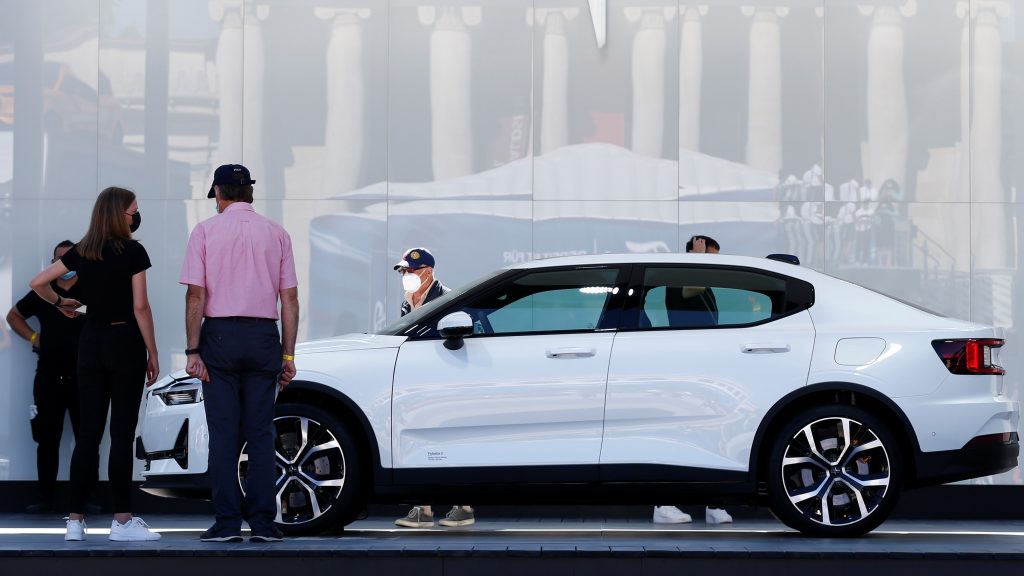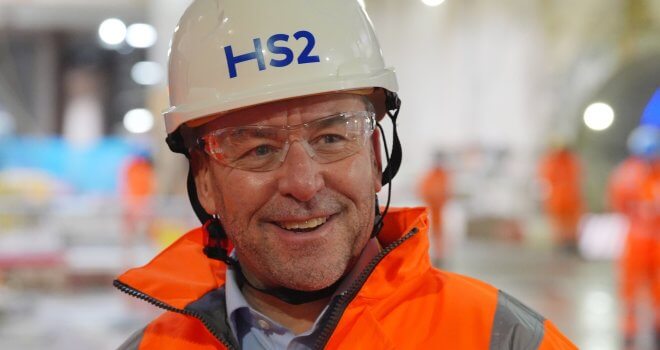EV Brands Polestar, Smart Open The Door To Partnerships

Senior executives of small electric vehicle brands Polestar and Smart said Tuesday they are open to new technology and investor partners as they fight for sales against larger rivals.
Smart, a joint venture of Germany’s Mercedes-Benz Group AG and China’s Zhejiang Geely Holding Group is “open for a third, fourth, fifth investor, not only for funding but technology,” Dirk Adelmann, chief executive of Smart Europe said on Tuesday at the Reuters Events Automotive Europe conference.
Smart is launching two new electric vehicles (EVs) in Europe, China and other markets. In Europe, the new Smart #1, launching now, and the future Smart #3 compact SUV, will steer into the heart of the market against models such as the Volkswagen ID.3 electric car and combustion models such as the Peugeot 208.
The brand has the backing of its two large automotive parents, but Adelmann said they expect Smart to pay back their investments “in the first life cycle” of products, or within six years.
Separately, Dennis Nobelius, chief operating officer of Polestar, said the EV maker founded by Volvo and Geely, is open to partnerships to tackle the challenges of decarbonising the supply chain.
“If we align with partners and say this is how we decarbonise the supply chain … we can make an impact … we would like to team up,” Nobelius said, also speaking at the Reuters Automotive Conference in Munich.
Polestar, whose vehicles compete with higher-priced EVs from Tesla Inc and Chinese brands, lowered its 2023 production guidance last week and said it would cut headcount by 10% amid a challenging environment for the industry.
The carmaker and Rivian, a competing EV maker, were backers of a study which said in February that the automotive industry was set to overshoot the 1.5-degree Celsius pathway for limiting climate change by at least 75% by 2050, calling for collaboration to accelerate the transition to EVs.
Polestar faces near-term challenges that tax its resources, such as keeping pace with changes in EV battery technology.
“We need to have the capability to shift cell chemistry every second year based on competition,” Nobelius said.
Nobelius said the EV maker’s decision to stop exporting China-made vehicles overseas and start producing in the United States from 2024 was partly grounded in its goal to lower its carbon footprint, as well as protecting itself from geopolitical risks.
(Reporting by Joseph White and Victoria Waldersee in Munich Additional reporting by Marie Mannes in Stockholm; Editing by Muralikumar Anantharaman and Mark Potter)




